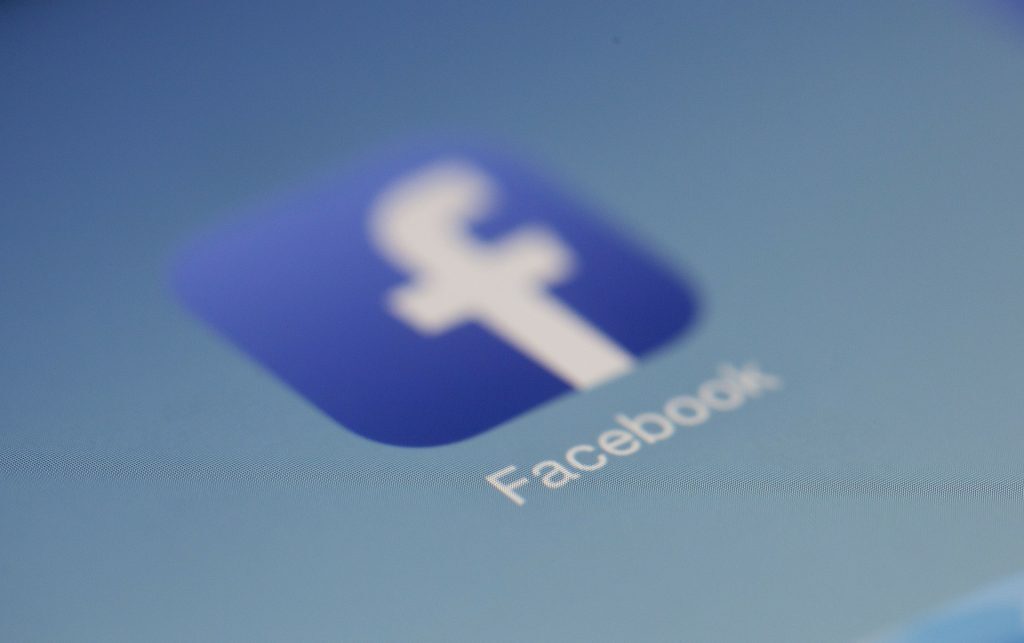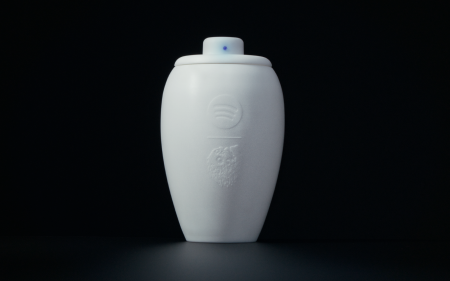Facebook experienced its largest outage since 2019 on Monday (4 October) after it experienced internal DNS issues. Well, that’s according to the company itself, but that’s the narrative we’ll go with for now.
Well-placed diversion
More pressing, however, is how the global outage of Facebook, Messenger, Instagram and WhatsApp fairly successfully flooded the internet.
You know what that does? It helps push down other recent news articles — like those reporting on the recent ex-Facebook employee whistleblower leaking documents that detail how the company prioritises cash money over the well-being of its users.
That’s just how the news cycle works in a mostly-post-newspaper society. We get our news from a variety of online sources (ironically, like Facebook) and once something big happens, like a major disruption in services of the most popular messaging app in the world, people quickly forget about the previous batch of news articles.
The newsfeed forgets about them, so humans do too. We’re here to bring this pressing issue back into your newsfeed, though.
Facebook’s red flags
Facebook’s most recent whistleblower, Frances Haugen, has presented some leaked documents that suggest the social media platform put profit ahead of user well-being. While it sounds harsh, that’s just how capitalism works, really.
The larger problem is the mental health effects these platforms have on younger users, as well as their stronghold in the market. Case and point: The 4th October 2021 outage.
Frances Haugen, 37, worked as a product manager on the vivid misinformation team at Facebook. She spoke about the documents she acquired before leaving the company earlier this year in a CBS interview earlier this week.
She says that Facebook repeatedly prioritised “growth over safety”. A sentiment that better explains the issue with the social media company. It shouldn’t be about just making money — but prioritising user safety.
It’s come out that the platform treats celebrities, politicians and high profile users differently. Certain important people’s profiles haven’t really been moderated at all, or special moderation practises were applied to them.
Then there are some new revelations about the horrid Cambridge Analytica debacle: “The group alleges, among other things, that Facebook’s $5bn (£3.65bn) payment to the US Federal Trade Commission to resolve the Cambridge Analytica data scandal was so high because it was designed to protect Mark Zuckerberg from personal liability,” the BBC reports.
Facebook’s managed to more or less do what it wants for years without much consequence. That’s why last year’s antitrust case in the US was so significant. And the same goes for internal leaks like this one.




